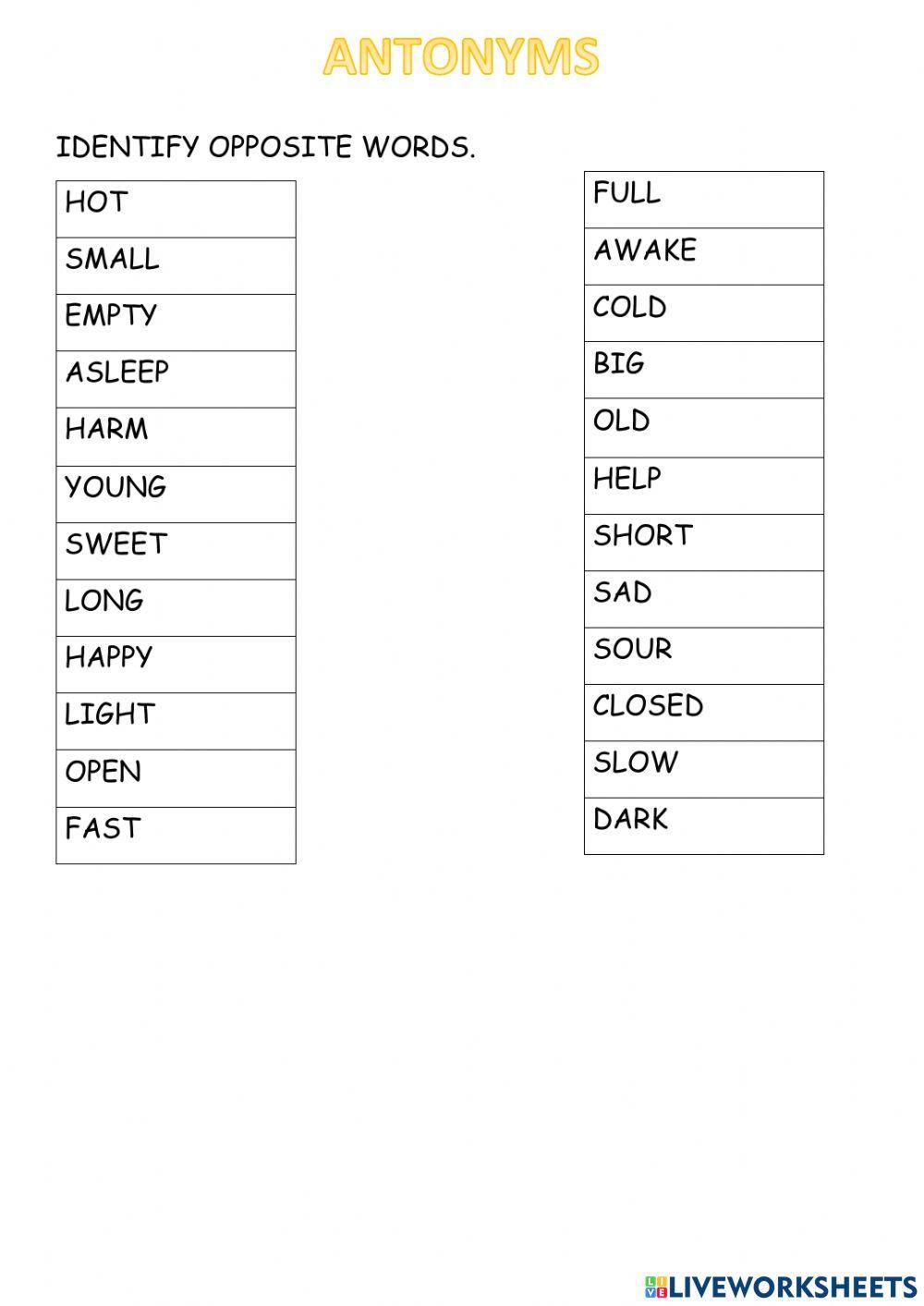What is an Allusion in Homer's Odyssey?

In Homer's *Odyssey*, an allusion serves as a powerful literary device that enriches the narrative by referencing other myths, events, or figures. These subtle references not only deepen the story but also connect it to the broader Greek mythological tradition. For readers, understanding allusions can unlock hidden layers of meaning, making the epic more engaging and insightful. Whether you're a student, scholar, or casual reader, grasping the role of allusions in the *Odyssey* enhances your appreciation of this timeless masterpiece. (Homer's Odyssey, Greek mythology, literary devices)
What is an Allusion in Literature?

An allusion is an indirect reference to another work of literature, historical event, or cultural figure. In the Odyssey, Homer frequently alludes to other Greek myths and heroes, such as the stories of Heracles or the Trojan War. These references assume the audience is familiar with the material, adding depth without lengthy explanations. For example, when Odysseus mentions the Cyclops Polyphemus, it alludes to a well-known episode from his journey. (Allusion definition, Greek myths, Trojan War)
Examples of Allusions in the Odyssey

The Trojan War
One of the most prominent allusions in the Odyssey is to the Trojan War, the backdrop of Odysseus’s entire journey. References to Achilles, Hector, and the fall of Troy remind readers of the larger epic context. These allusions highlight Odysseus’s role as a war hero and the consequences of his involvement. (Trojan War, Achilles, Hector)
The Story of Orpheus and Eurydice
When Odysseus encounters the souls of the dead in the underworld, he alludes to the myth of Orpheus and Eurydice. This reference underscores the theme of loss and the impossibility of reclaiming the past, mirroring Odysseus’s own struggles. (Orpheus, Eurydice, underworld)
Why Are Allusions Important in the Odyssey?

Allusions in the Odyssey serve multiple purposes. They connect the story to Greek culture, reinforce themes, and provide character insights. For instance, allusions to other heroes like Heracles emphasize Odysseus’s cunning and resilience. Additionally, they make the narrative more relatable by grounding it in shared cultural knowledge. (Greek culture, themes, character development)
Checklist: Identifying Allusions in the Odyssey

- Look for references to other myths or heroes.
- Note mentions of historical events like the Trojan War.
- Pay attention to comparisons between Odysseus and other figures.
- Consider the cultural context of the allusion.
(Checklist, identifying allusions, cultural context)
📌 Note: To fully appreciate the allusions in the *Odyssey*, familiarity with Greek mythology is highly recommended. Consider reading summaries of key myths before diving into the epic.
Allusions in Homer's *Odyssey* are not just decorative elements but essential tools that enrich the narrative and connect it to the wider world of Greek mythology. By understanding these references, readers can uncover deeper meanings and enjoy the epic on a more profound level. Whether you're studying the *Odyssey* for academic purposes or simply exploring it for pleasure, recognizing allusions will undoubtedly enhance your experience. (Greek mythology, narrative enrichment, academic study)
What is the purpose of allusions in the Odyssey?
+
Allusions in the Odyssey connect the story to Greek culture, reinforce themes, and provide character insights, making the narrative more engaging and relatable.
Can I understand the Odyssey without knowing the allusions?
+
While you can follow the basic plot, understanding allusions enhances your appreciation of the story’s depth and cultural significance.
What are some famous allusions in the Odyssey?
+
Famous allusions include references to the Trojan War, the story of Orpheus and Eurydice, and comparisons to heroes like Heracles.



